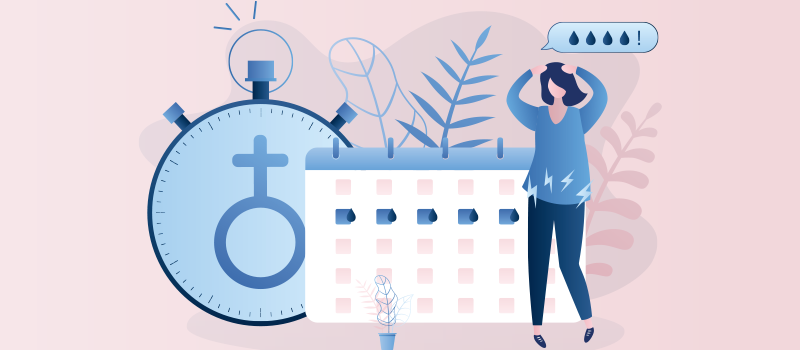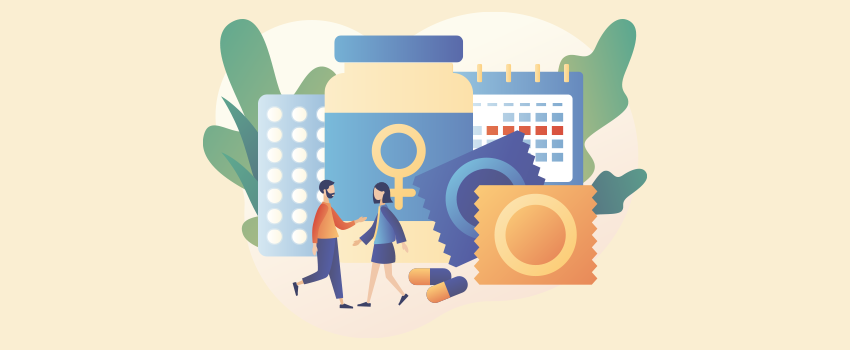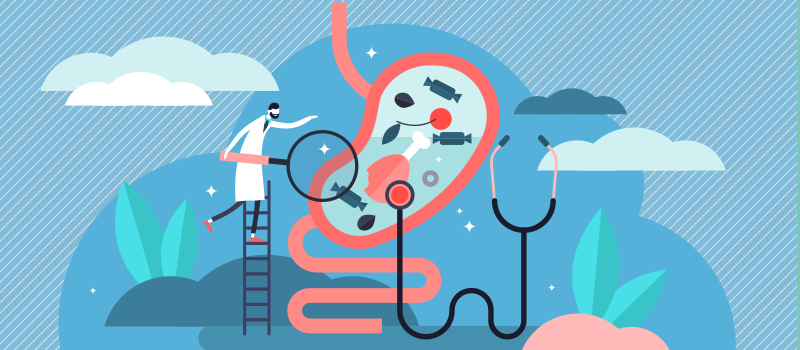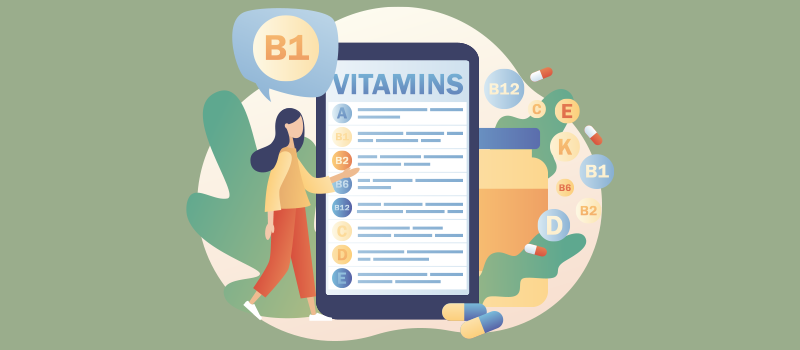Geriatric Pregnancy: What are the Risks?

The term “biological clock” is used to describe the pressure women feel to get pregnant at the peak of their reproductive years before fertility declines. However, despite this, in the last few decades, there has been a continuous upward trend in the average age of pregnant women in the United States. The mean age of a woman at first birth in 1970 was 21.4 years. By 2020, the mean age at first births had risen to 27.1 years.
Reproductive technologies such as in vitro fertilization have allowed couples to put off starting a family until they’re older. However, delaying pregnancy carries some risks. Aging affects fertility and can increase the risk of pregnancy complications.
Please continue reading to learn more about some of the pregnancy problems that can occur in a geriatric pregnancy compared to younger women.
Is 37 too old to get pregnant?
A woman of any age who gets a menstrual cycle can get pregnant. Age 37 is not too old to get pregnant. However, a woman may find it harder to get pregnant at age 37 compared to a younger woman.
What is the oldest age a woman can get pregnant naturally?
The peak reproductive years for a woman start in the late teens and continue into the late 20s. Fertility, or the ability to get pregnant, starts to decline at age 30. The decline accelerates in the mid-30s, and the biggest drop in fertility happens between the mid-to-late-30s. By age 45, fertility has usually declined to the extent that it is unlikely a woman can get pregnant naturally without some kind of medical assistance.
Is 40 too old to have a baby?
It is possible to get pregnant, have a healthy pregnancy, and deliver a healthy baby in your 40s. However, when you get pregnant later in life, there is a higher risk of complications for both the mother and baby.
Why is geriatric pregnancy risky?
The term geriatric pregnancy is an outdated one. Healthcare providers now use the term “advanced maternal age” or “advanced paternal age” for older individuals who are expecting a baby. Advanced maternal age is associated with a higher risk of potential complications during pregnancy as well as poorer offspring outcomes.
What is defined as advanced maternal age?
You are considered advanced maternal age if you will be age 35 years or older at the time of your due date.
What are the risks of pregnancy after age 35?
All pregnancies carry some risks, but advanced maternal age is associated with a higher risk of the following conditions. Keep in mind that many women deliver healthy babies at the age of 35 and older. The important thing is to be aware of the risk factors and to work with a maternal-fetal medicine specialist to minimize them.
Preeclampsia (high blood pressure)
Preeclampsia is a serious condition that typically develops about 20 weeks into a pregnancy. It is associated with high blood pressure, swelling, protein in the urine, headache, and blurred vision. Studies have shown that women over the age of 35 have a higher risk of developing preeclampsia and having poor outcomes from preeclampsia compared to women in their 20s.
Gestational diabetes
Gestational diabetes is a type of diabetes that develops during pregnancy in women who did not previously have diabetes. It can put both the mother and baby at risk. If a woman has gestational diabetes, the baby is more likely to be large (over 9 pounds), born early (premature birth), born by C-section, have low blood sugar, and develop diabetes later in life. The rates of gestational diabetes in mothers aged 40 years and above are nearly 6 times higher than in mothers aged under 20 years.
Higher rates of pregnancy complications
Advanced maternal age is linked to pregnancy complications such as miscarriage, difficult labor, preterm birth and premature babies, low birth weight babies, and stillbirth.
Higher rates of birth defects and genetic disorders
Older women are at an increased risk of having babies with neural tube defects or chromosomal abnormalities such as Down syndrome compared to younger women. A woman who conceives at age 25 has a 1 in 1,250 chance of having a baby with Down syndrome. A woman who conceives at age 40 has a 1 in 100 chance of having a baby with Down syndrome. This is because of a decrease in the number of eggs and egg quality with age.
Cesarean section
Studies have shown that advanced maternal age and the associated risk factors can contribute to an increased rate of cesarean sections. First birth at 35 to 40 years of maternal age is associated with a 2-3 times higher risk for C-section.
Twins
Studies have shown that the chances of a twin pregnancy increase with maternal age. This may be welcome for some couples. However, it’s important to discuss the risks associated with a twin pregnancy with your obstetrician.
How to have a healthy pregnancy after age 35?
Many women older than 35 (advanced maternal age) enjoy healthy pregnancies. However, if you are pregnant and age 35 or older, it’s important to discuss your health history with your provider and make plans so that you can have a healthy and safe pregnancy.
All pregnant women should obtain good prenatal care and keep all their prenatal appointments. If you are over the age of 35, it’s even more important to do so. In addition, older mothers should eat a healthy diet and maintain a healthy weight during pregnancy. Also, take a daily prenatal vitamin, including folic acid, as prescribed by your provider.
As mentioned above, babies born to older women are at an increased risk of birth defects and chromosomal abnormalities. Your provider may therefore refer you to a genetic counselor for prenatal diagnosis. Prenatal testing can be done using amniotic fluid or chorionic villus sampling. The counselor will explain the prenatal tests available that can diagnose problems before a baby is born as well as what the results of those screening tests might mean.
References:
- https://www.acog.org/clinical/clinical-guidance/obstetric-care-consensus/articles/2022/08/pregnancy-at-age-35-years-or-older
- https://www.acog.org/womens-health/faqs/having-a-baby-after-age-35-how-aging-affects-fertility-and-pregnancy
- https://my.clevelandclinic.org/health/diseases/22438-advanced-maternal-age
- https://my.clevelandclinic.org/health/diseases/17952-preeclampsia
- https://www.ncbi.nlm.nih.gov/pmc/articles/PMC7264866/
- https://www.cdc.gov/diabetes/basics/gestational.html#
- https://www.cdc.gov/mmwr/volumes/72/wr/mm7201a4.htm#:
- https://pubmed.ncbi.nlm.nih.gov/29385154/
- https://www.ncbi.nlm.nih.gov/pmc/articles/PMC5791955/
- https://www.chop.edu/conditions-diseases/pregnancy-over-age-30#:
- https://www.ncbi.nlm.nih.gov/pmc/articles/PMC6345458/#:
- https://www.ncbi.nlm.nih.gov/pmc/articles/PMC5571734/#
- https://www.stanfordchildrens.org/en/topic/default?id=pregnancy-over-age-30-90-P02481












SOCIAL